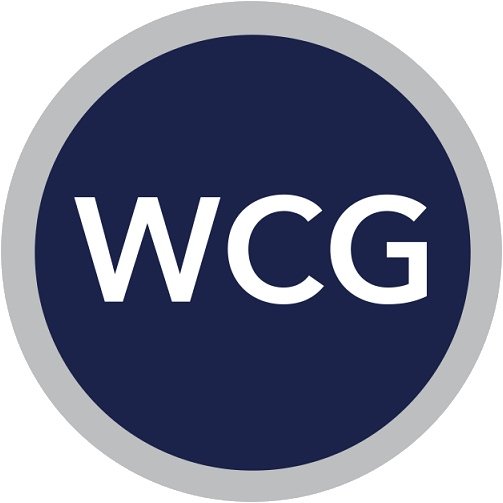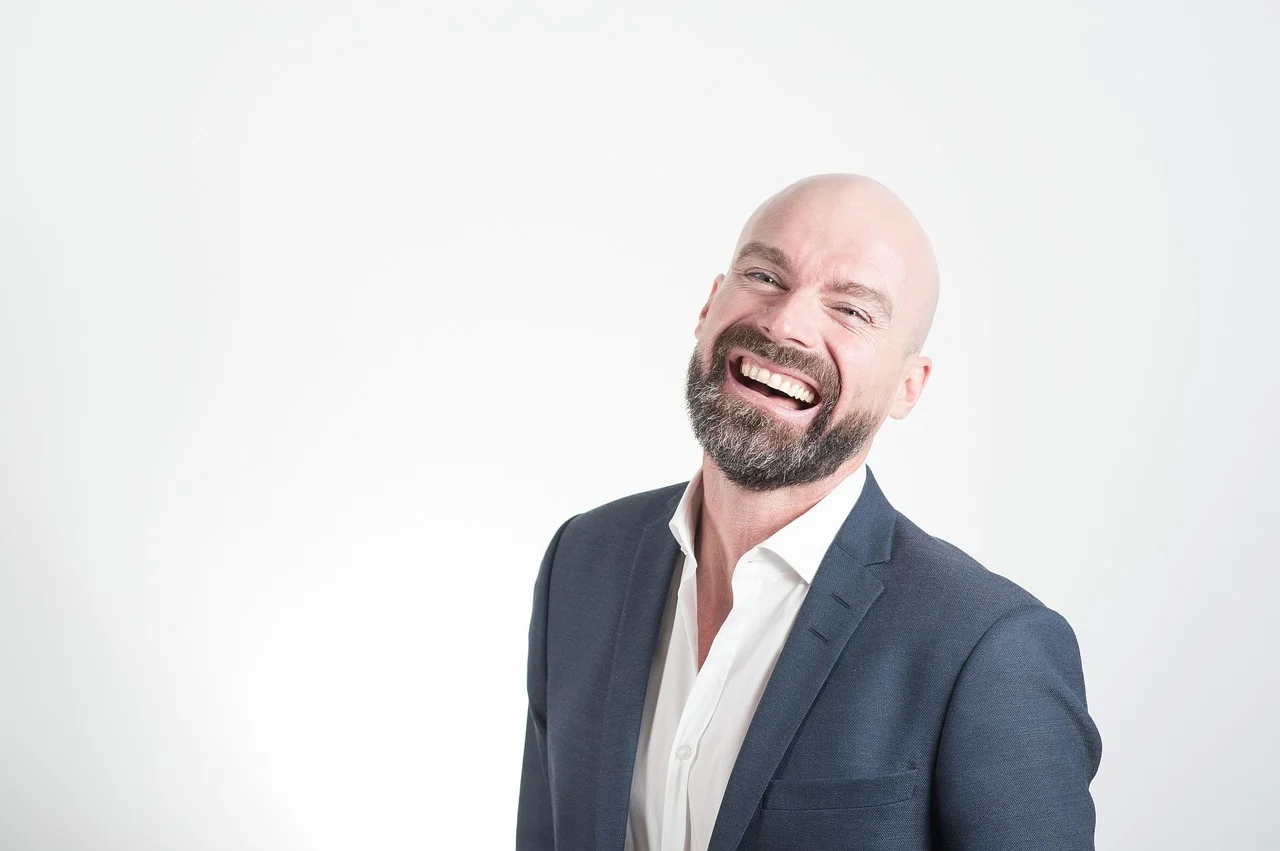How to answer “What’s your greatest strength and your greatest weakness?”
Interviewer: “What’s your greatest strength and your greatest weakness?”
Interviewee: “My strength is that I have no weaknesses.”
Please don’t answer the classic interview question like this. No one is weakness free! And while this isn’t a trick question, it is a question that is meant to reveal how you view yourself, your confidence level, and your forward-thinking skills. Most of the time, interviews don’t actually care what the strength and weakness are - they want to hear how you handle a self-assessment.
Here’s the key: There is always something you can be working to improve, and this question opens the door to show interviewers that you are actively working on an area or skill.
Here’s 5 easy steps to prepare for this classic interview question:
Step 1: Write down your honest answer to this question. You don’t have to show it to anyone at this point, so be truthful!
Step 2: Ask your best friend to answer the question for you. Ask them to be honest, but helpful. In all the time you’ve known this person, what do they see as your greatest strength and weakness?
Step 3: Ask a close colleague to answer the question for you. Your best friend will answer a bit differently than a colleague. Having the two perspectives will be insightful.
Step 4: Compare notes. Were any of the answers similar? How were they different? Do you agree or disagree with their assessment? Spend some time to think through the responses and form one coherent and honest answer that is appropriate for an interview. Bonus points if you can tailor your response to the specific position you are interviewing for!
Step 5: Come up with a plan to address your weakness. It’s important to not just answer the question with the strength and the weakness, but to include a plan of action for improvement that is already in place. Here’s a great example from an author:
“I’m really creative when it comes to brainstorming topics for my writing and I’m quick to lay out an outline. My weakness lies in catching the details. I sometimes struggle to catch the small stuff when editing, but I think being aware of the problem is half the battle. In addition, I’m working to improve on this by taking editing classes and allocating more time to review work before it leaves my desk.”
Everyone should prepare for this question. Having a thought-out and plan-of-action will leave a great impression with your interviewer.
Want more interview tips? Read How to present yourself as a team player.

